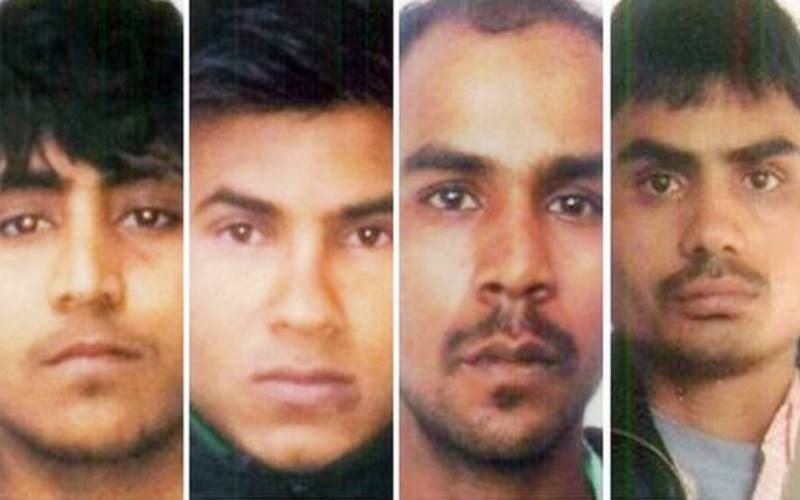×
The Standard e-Paper
Join Thousands Daily

The four were sentenced to death by a trial court in 2013.
Four Indian men convicted of the gang rape and murder of a student in Delhi in 2012 have been hanged, the BBC has said.